

by Maurice Y. Michaud (he/him)
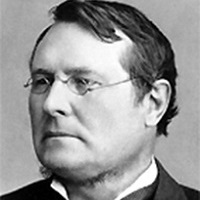
From the beginning of Confederation in 1867 until about 1874, a politician could sit simultaneously in his provincial legislature and the federal parliament in what was known as the “double mandate.” The man portrayed on this page, Ontario Liberal Edward Blake, took this to an extreme: for a few months in 1871–72, he was the premier of Ontario as well as the member of Parliament for Durham West. So did Pierre-Joseph-Olivier Chauveau, who was premier of Québec and the MP for Québec County from the beginning of Confederation until his resignation from both seats in early 1873, as well as Amor De Cosmos, who sat federally for Victoria while being the premier of British Columbia in 1873. But by the time that Wilfrid Laurier wanted to make the jump to federal politics, he first had to resign from his seat of Drummond-Arthabaska in the Québec legislative assembly, as the double mandate had been abolished.
That being said, a politician who was uncertain of his chances of winning a seat in a general election could run in more than one riding, in case he might lose in his usual riding. The ultimate case of someone doing that was in 1878, when John A. Macdonald ran in Kingston, Marquette, and Victoria (British Columbia). His premonition was right because he lost his usual seat of Kingston, but won both Marquette and Victoria. He kept the latter and resigned from the former which he had won by acclamation, which is what people did when that happened... except Laurier who, from 1911 to 1917, kept the two seats he had won: Quebec East (won by acclamation) and Soulanges. It is unclear why he was allowed to do that, although being the incumbent prime minister may have given him some privilege, or no other Liberal was willing or able to represent the riding.
Meanwhile, nothing prevented someone (particularly in Québec) from sitting in the provincial assembly while being a municipal councillor or mayor. We can think of Simon-Napoléon Parent, who was Québec’s premier while being mayor of Québec City at the turn of the last century; Conservative MLA Camillien Houde in Montréal—Sainte-Marie while mayor of Montreal, or even Maurice Tessier who was both Liberal MNA and mayor of Rimouski in the late 1960s. These are just a few examples out of hundreds, but since municipal politics is not covered by PoliCan and the practice has ceased everywhere by the early 1980s, I’m afraid it’s up to you to find all the others.
So here is the list of the men who exercised a double mandate in the sense understood in the 19th century. Double mandates were never allowed in New Brunswick, Nova Scotia, and Prince Edward Island; they were abolished in Ontario in 1872; in Manitoba and British Columbia in 1873, and in Québec in 1874. There were 35 in all before they were abolished, most of them in Québec:
Recommended reading: Excellent article (French only) on the website of the National Assembly of Quebec which defines the dual mandate very well and presents the arguments for and against this practice.
(French only) on the website of the National Assembly of Quebec which defines the dual mandate very well and presents the arguments for and against this practice.
| Double mandates, 1867–1874 | |||
|---|---|---|---|
| Who | Jurisdiction | Riding | |
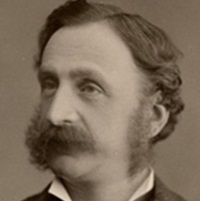 |
Louis Beaubien 1837–1915 |
 Québec |
Hochelaga |
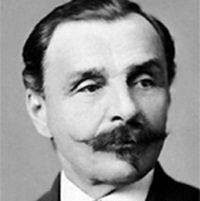 |
Joseph-Hyacinthe Bellerose 1820–1899 |
 Québec |
Laval |
 |
Edward Blake 1833–1912 |
 Ontario |
Durham West / Bruce South |
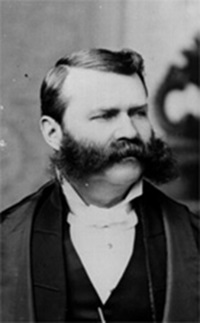 |
Joseph-Godric Blanchet 1829–1890 |
 Québec |
Lévis |
 |
Louis-Charles Boucher 1825–1869 |
 Québec |
Three Rivers |
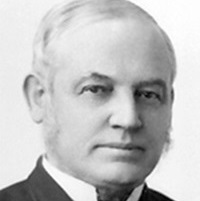 |
John Carling 1828–1911 |
 Ontario |
London |
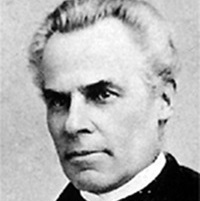 |
Sir George-Étienne Cartier 1814–1873 |
 Québec |
Montreal East / Beauharnois |
 |
Sir George-Étienne Cartier 1814–1873 |
 Manitoba |
Provencher |
 |
Joseph-Édouard Cauchon 1816–1885 |
 Québec |
Montmorency / Quebec Centre |
 |
Pierre-Joseph-Olivier Chauveau 1820–1890 |
 Québec |
Quebec County |
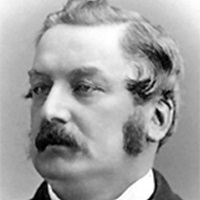 |
Frederick Cumberland 1820–1881 |
 Ontario |
Algoma |
 |
Amor De Cosmos 1825–1897 |
 British Columbia |
Victoria |
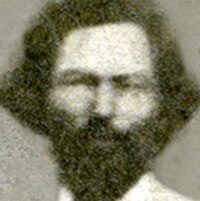 |
Pierre Delorme 1832–1912 |
 Manitoba |
St. Norbert South / Provencher |
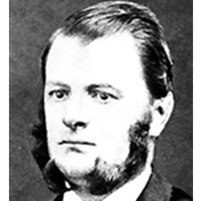 |
Firmin Dugas 1830–1889 |
 Québec |
Montcalm |
 |
Christopher Dunkin 1812–1881 |
 Québec |
Brome |
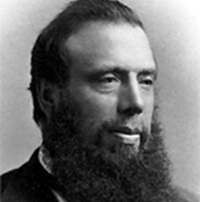 |
Thomas Ferguson 1818–1879 |
 Ontario |
Cardwell / Simcoe South |
 |
Pierre-Étienne Fortin 1823–1888 |
 Québec |
Gaspé |
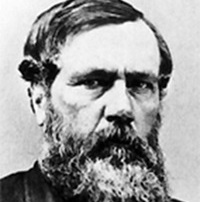 |
Joseph Gaudet (Godet) 1818–1882 |
 Québec |
Nicolet |
 |
Pierre-Samuel Gendron 1828–1889 |
 Québec |
Bagot |
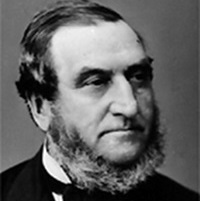 |
Luther Holton 1817–1880 |
 Québec |
Châteauguay / Montreal Centre |
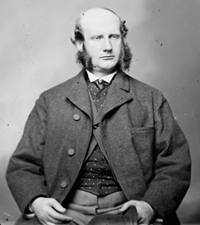 |
George Irvine 1826–1897 |
 Québec |
Megantic |
 |
Henri-Gustave Joly de Lotbinière 1829–1908 |
 Québec |
Lotbinière |
 |
Hector-Louis Langevin 1826–1906 |
 Québec |
Dorchester / Quebec Centre |
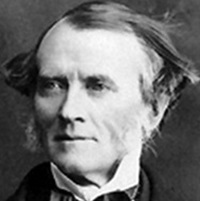 |
Sandfield Macdonald 1812–1872 |
 Ontario |
Cornwall |
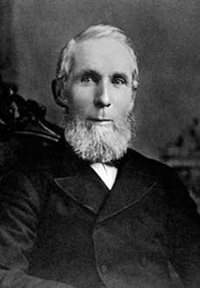 |
Alexander Mackenzie 1822–1892 |
 Ontario |
Lambton / Middlesex West |
 |
Élie Mailloux 1830–1893 |
 Québec |
Témiscouata |
 |
John McDougall 1838–1909 |
 Ontario |
Renfrew South |
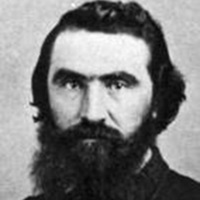 |
Angus McKay 1836–1910 |
 Manitoba |
Lake Manitoba / Marquette |
 |
Charles-Pantaléon Pelletier 1837–1911 |
 Québec |
Kamouraska / Quebec East |
 |
Christian Pozer 1835–1884 |
 Québec |
Beauce |
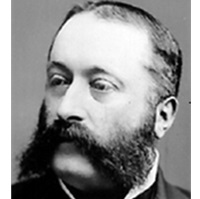 |
Théodore Robitaille 1834–1897 |
 Québec |
Bonaventure |
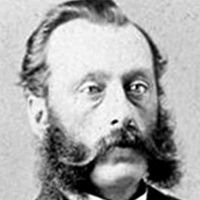 |
Louis-Adélard Sénécal 1829–1887 |
 Québec |
Drummond—Arthabaska / Yamaska |
 |
Georges-Honoré Simard 1817–1873 |
 Québec |
Quebec Centre |
 |
Donald Smith 1820–1914 |
 Manitoba |
Selkirk / Winnipeg and St. John |
 |
Pierre-Alexis Tremblay 1827–1879 |
 Québec |
Chicoutimi-Saguenay / Charlevoix |
 |
Edmund Wood 1820–1882 |
 Ontario |
Brant South |